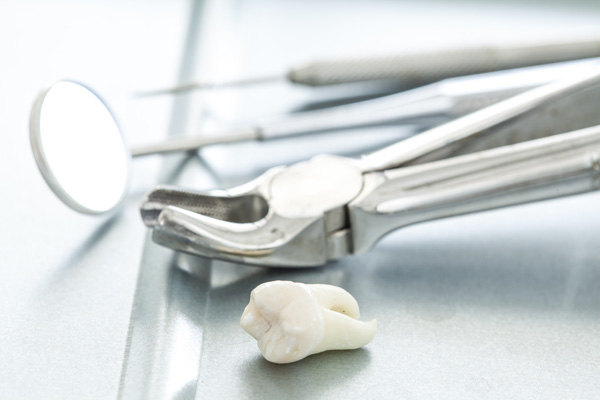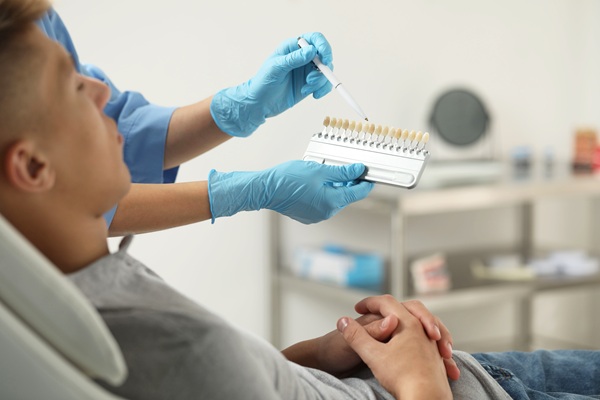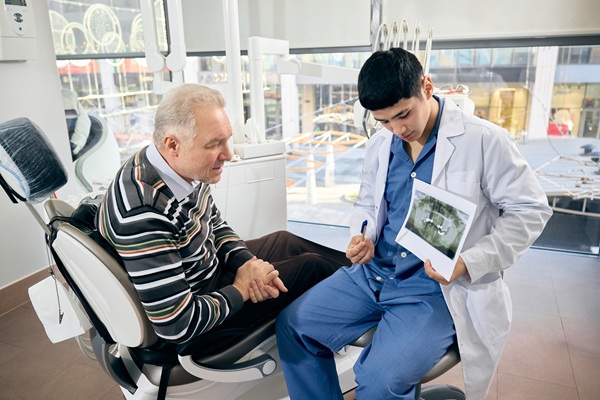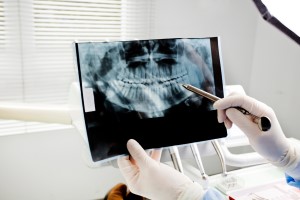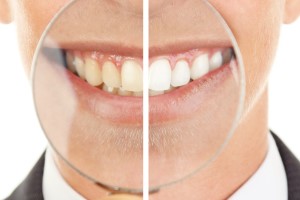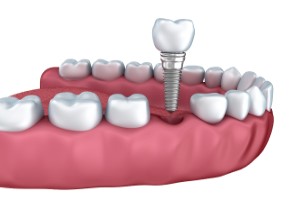Recovering from a Tooth Extraction: What to Expect
Preparing for a ? While the procedure may seem daunting, it is important to know that it is often necessary in order to restore oral health. Modern-day dentistry has allowed for the evolution of technology, which reduces recovery times and pain. Nonetheless, there is still a short period of recovery, which requires a few simple aftercare steps. Keep reading to find out more!
Tips for recovering after a tooth extraction
Outlined below are a few tips from a dentist regarding tooth extraction recovery. It can be helpful to review these tips when preparing for an upcoming tooth extraction.
1. Take an over-the-counter pain medication
Over-the-counter pain medications can be helpful after tooth extraction. Part of recovering means managing the discomfort; however, most tooth extractions do not warrant a prescription medication, which is why a dentist recommends store-bought medications to reduce pain. Medication should always be taken with a small amount of food to avoid an upset stomach.
2. Use ice and a cold compress
Ice and cold compresses can be helpful after tooth extraction. There is usually some slight swelling and inflammation that can be reduced with an ice or cold pack. It is recommended to do a few minutes with ice then a few minutes without it to avoid freezing.
3. Avoid eating hard foods
After tooth extraction, the wound will be uncomfortable and the surrounding areas may be sensitive too. It is best to avoid hard or tough foods that may further irritate the area where the tooth was extracted. Dentists suggest eating soft foods or a liquid diet for a day or so after the tooth extraction. Ultimately, it is up to the patient's discretion when they can eat like normal again.
4. Rinse with salt water
Rinsing after a tooth extraction is important because the wound can experience a build-up of bacteria or debris immediately after. Salt water is a gentle alternative to mouthwash that does not harm the wound or the oral cavity. Dentists recommending rinsing two to three times in one day after tooth extraction. The water should be warm and a small amount of salt should be added to create a gentle cleaning solution.
5. Do not skip oral hygiene
A lot of people are eager to skip oral hygiene after a tooth extraction out of fear that the wound will become irritated. However, the dentist highly recommends continuing to brush and floss as normal, just to be gentle around the recently pulled tooth. Oral hygiene is essential, especially after tooth extraction because the wound is susceptible to bacterial infection.
Find out more from a general dentist
When looking for other tips on recovering from a tooth extraction, it is best to consult directly with a general dentist. The dentist can provide specific tips, which can be helpful to patients who are feeling anxious about the procedure. Reach out today to learn more about life after an extraction.
Request an appointment here: https://jacksonheightdental.com or call 82nd St. Dental at (718) 476-5555 for an appointment in our Jackson Heights office.
Check out what others are saying about our dental services on Yelp: .
Recent Posts
If you and your dentist are talking about braces, you may be surprised that you will likely consider tooth extractions first. A common first step before getting braces is having one or more teeth extracted. Both children and adults may need to have tooth extractions if space is an issue in the mouth. In children,…
A tooth abscess is a dental emergency because it has a risk of the infection expanding to other parts of the body. If an abscess spreads to the brain, it can have life-threatening effects.Abscesses can be incredibly painful, and the pain is often accompanied by swelling. The severity of the pain and swelling is often…
Wondering whether a damaged tooth constitutes a dental emergency? Read on to find out. A damaged tooth may be considered a dental emergency if it causes severe and borderline intolerable discomfort (pain, swelling, sensitivity), causes a severe cosmetic issue, or is at risk of worsening complications, such as the loss of the tooth or the…
A broken tooth is rarely expected, which can make the situation scary when it happens. However, there are a few things that emergency dentists recommend so that patients can appropriately deal with a broken tooth if and when it happens. Of course, it is ideal to get to a professional right away; however, that may…
